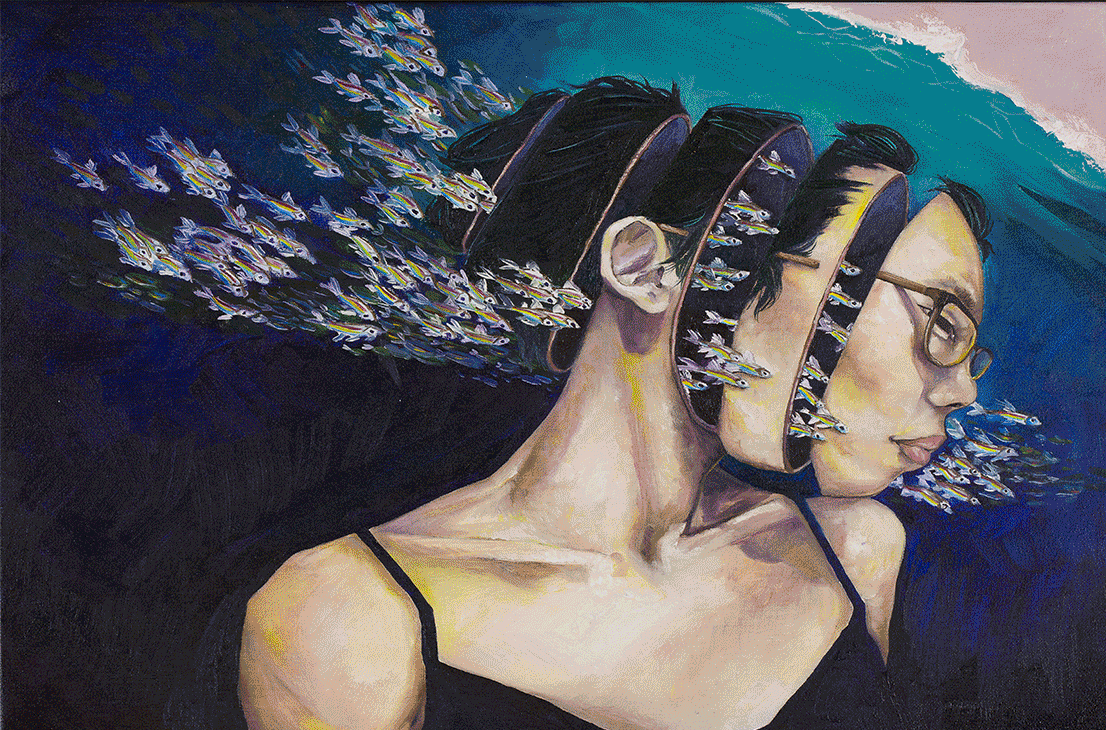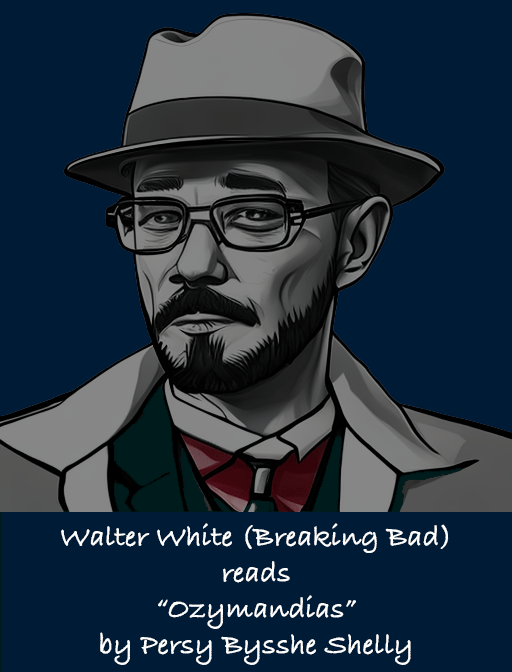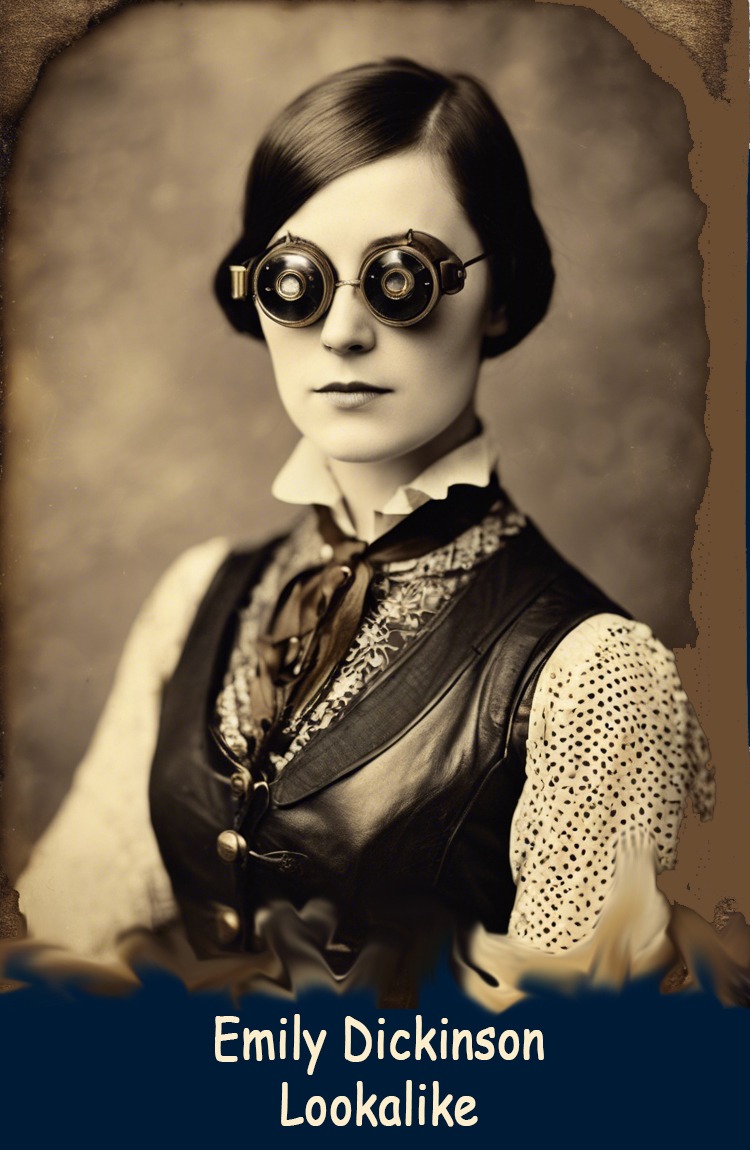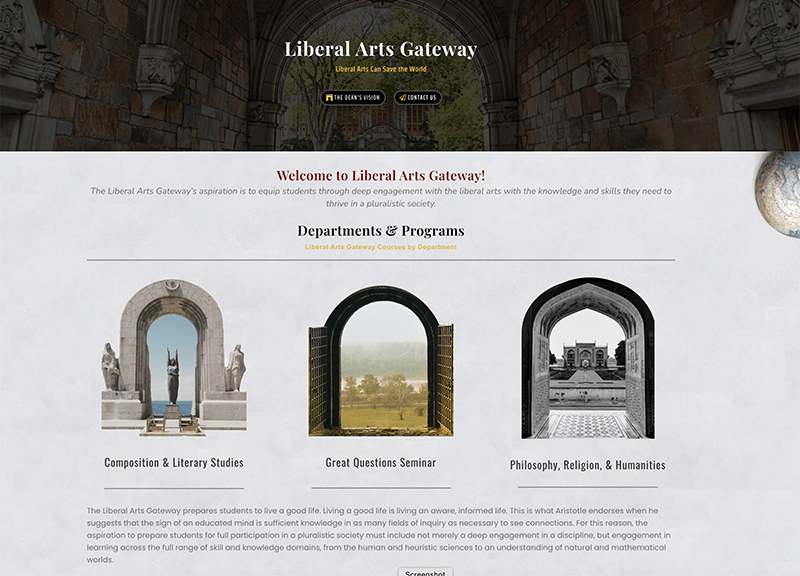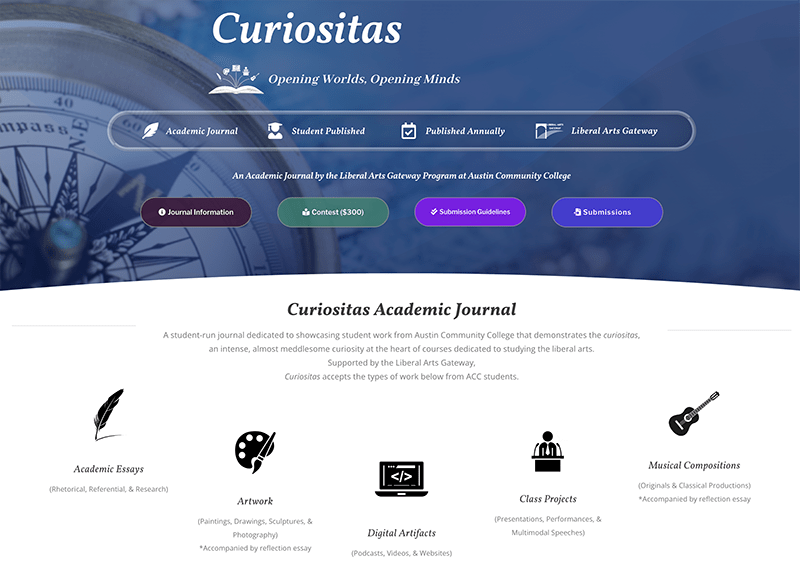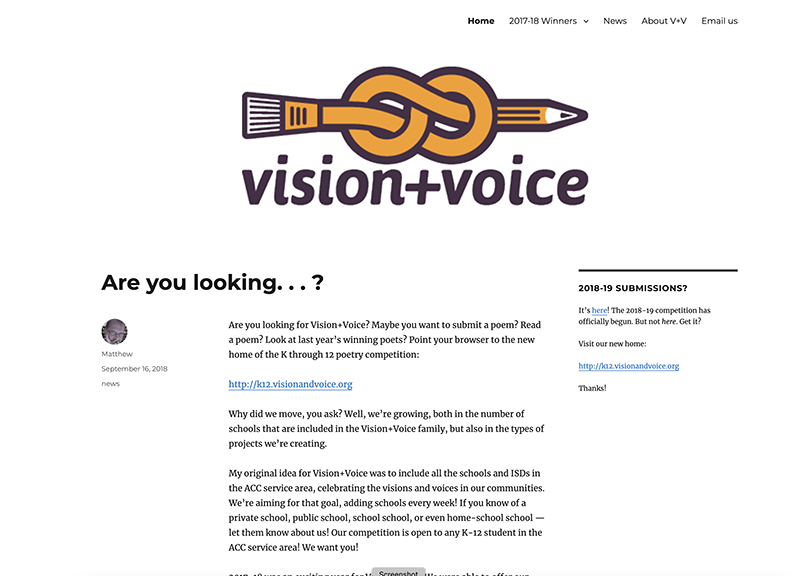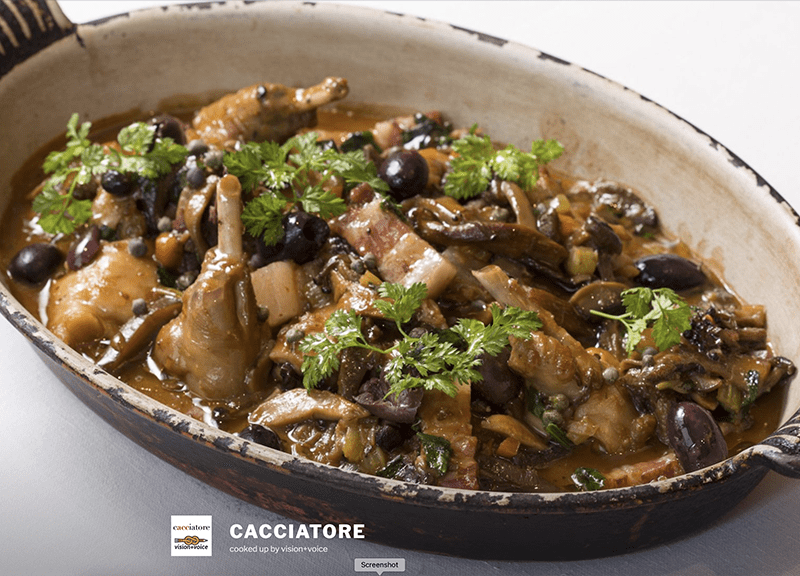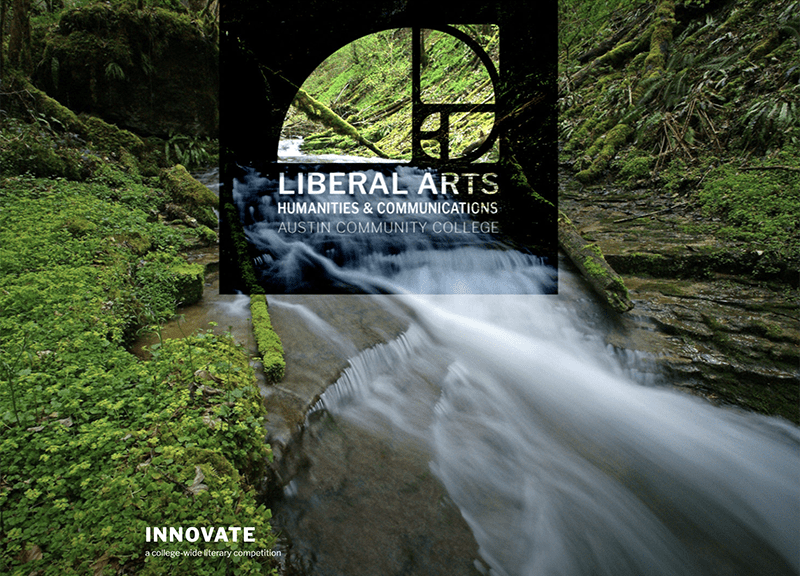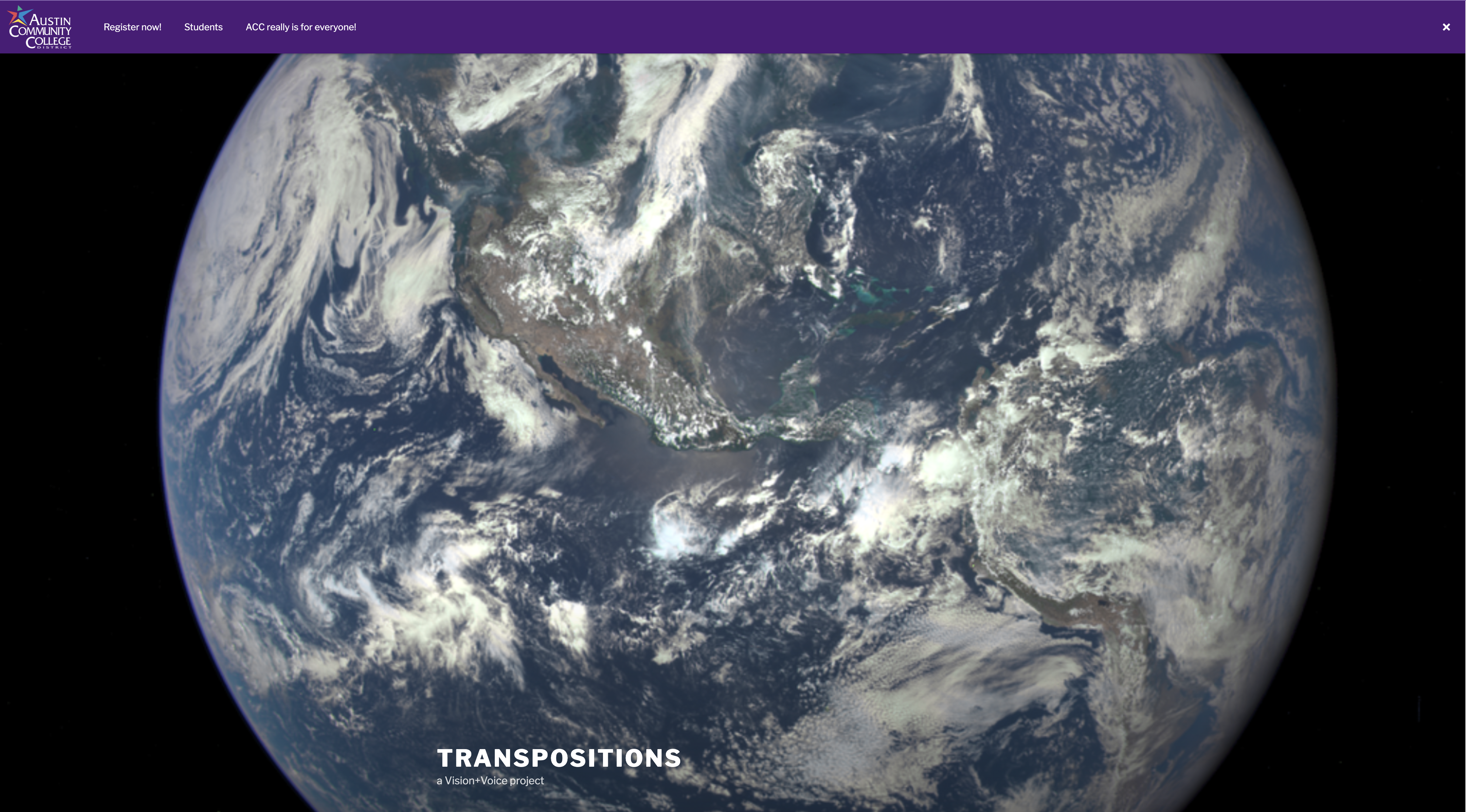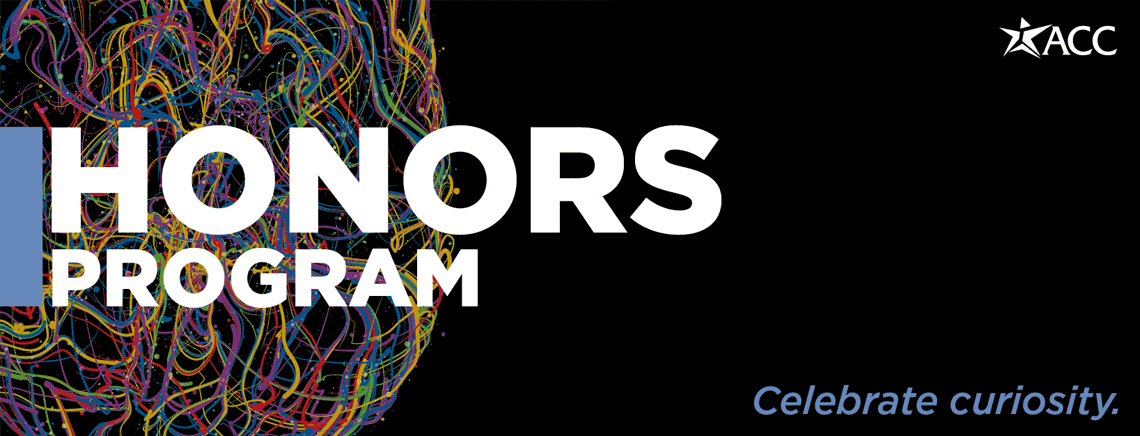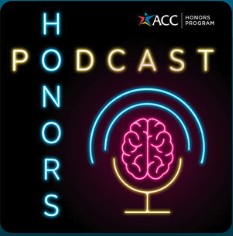Resources & Info
for English Majors


Library Services
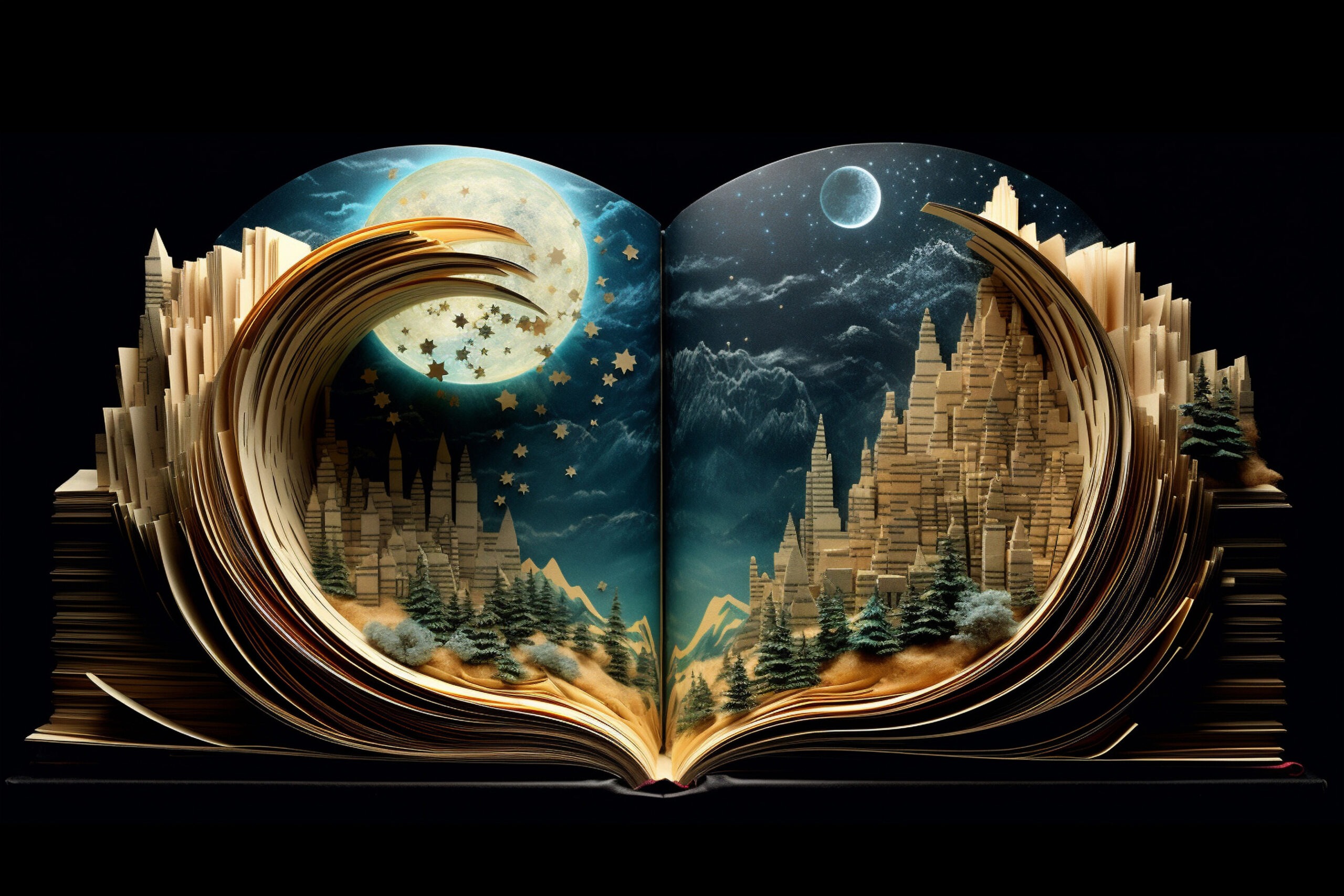
Web Resources
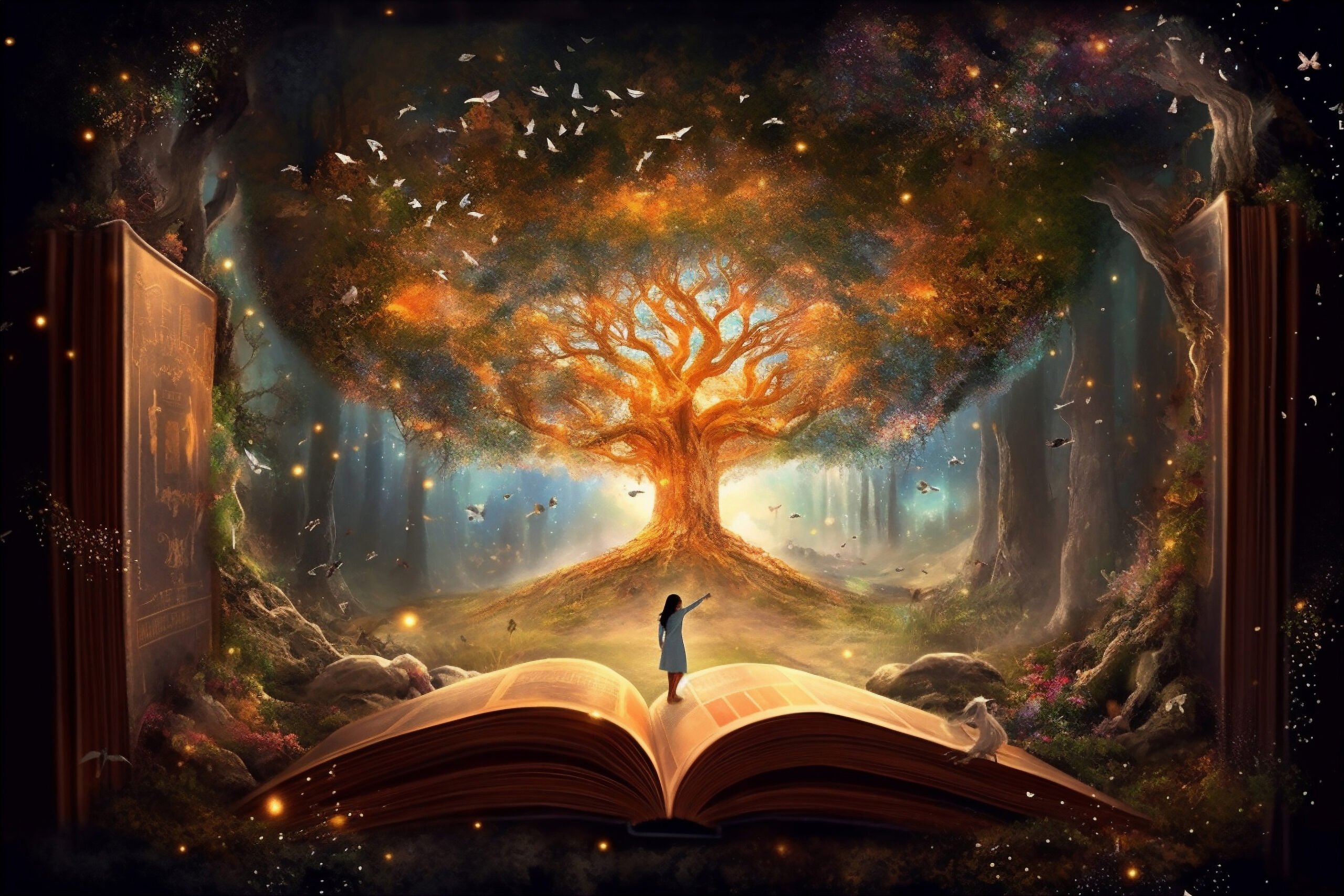
English Subject Guide

Chat with a Librarian 24/7
Banned Books
& Why Study Them
Studying banned books is a fascinating journey through the world of literature that has sparked controversy, challenged societal norms, and ignited discussions about censorship and freedom of expression. As English students, you’ll delve into the realm of these contentious works, understanding their significance and the impact they’ve had on society.
What are Banned Books?
Banned books are literary works that have faced censorship or restriction at some point in time. This censorship can occur due to various reasons: religious, political, sexual, or cultural content that some deem controversial, offensive, or inappropriate. Often, the themes, language, or ideas presented in these books challenge prevailing beliefs or norms.
Why Study Banned Books?
As future scholars and stewards of literature, exploring banned books offers invaluable insights:
- Understanding Cultural Dynamics: Banned books reflect the social, political, and cultural landscapes of their time. They shed light on societal taboos and provoke critical discussions about sensitive topics.
- Exploring Freedom of Expression: These works highlight the importance of free speech and the right to express diverse perspectives. Analyzing them helps us comprehend the complexities of censorship and its implications.
- Literary Significance: Many banned books are celebrated for their literary merit and groundbreaking storytelling. Studying them allows for a deeper appreciation of their artistic value.
Notable Banned Books in Literature
- To Kill a Mockingbird by Harper Lee: Criticized for its language and racial themes, yet celebrated for its portrayal of moral courage and social justice.
- 1984 by George Orwell: Often challenged for its political content and perceived as a threat to government authority, but revered for its critique of totalitarianism and surveillance.
- The Catcher in the Rye by J.D. Salinger: Controversial due to its explicit language and themes of teenage rebellion, yet praised for its candid portrayal of adolescence.
- The Color Purple by Alice Walker: Banned for its explicit content and discussions of sexuality and violence, but revered for its exploration of race, gender, and resilience.
Banned Books
Click a Cover To Read!
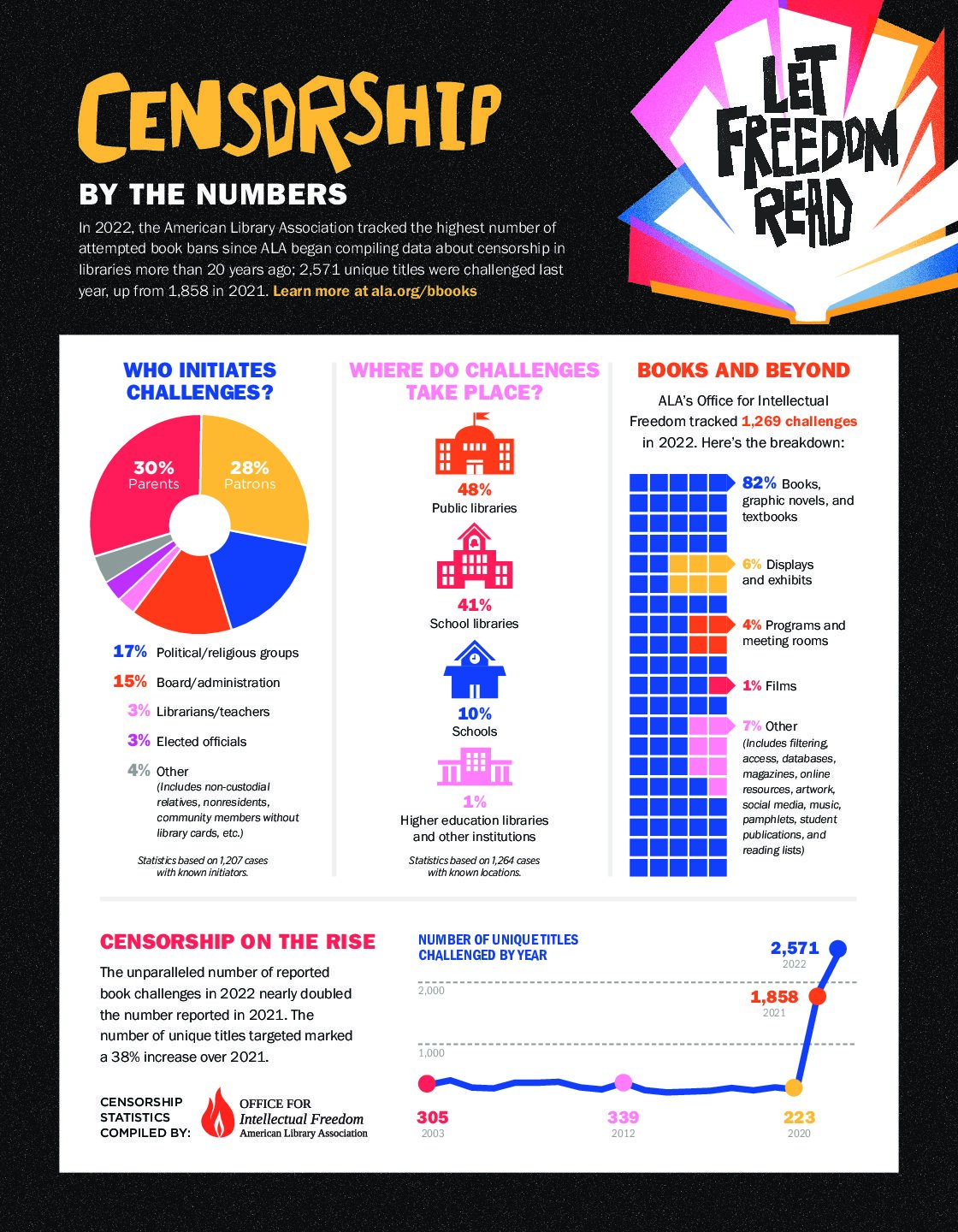
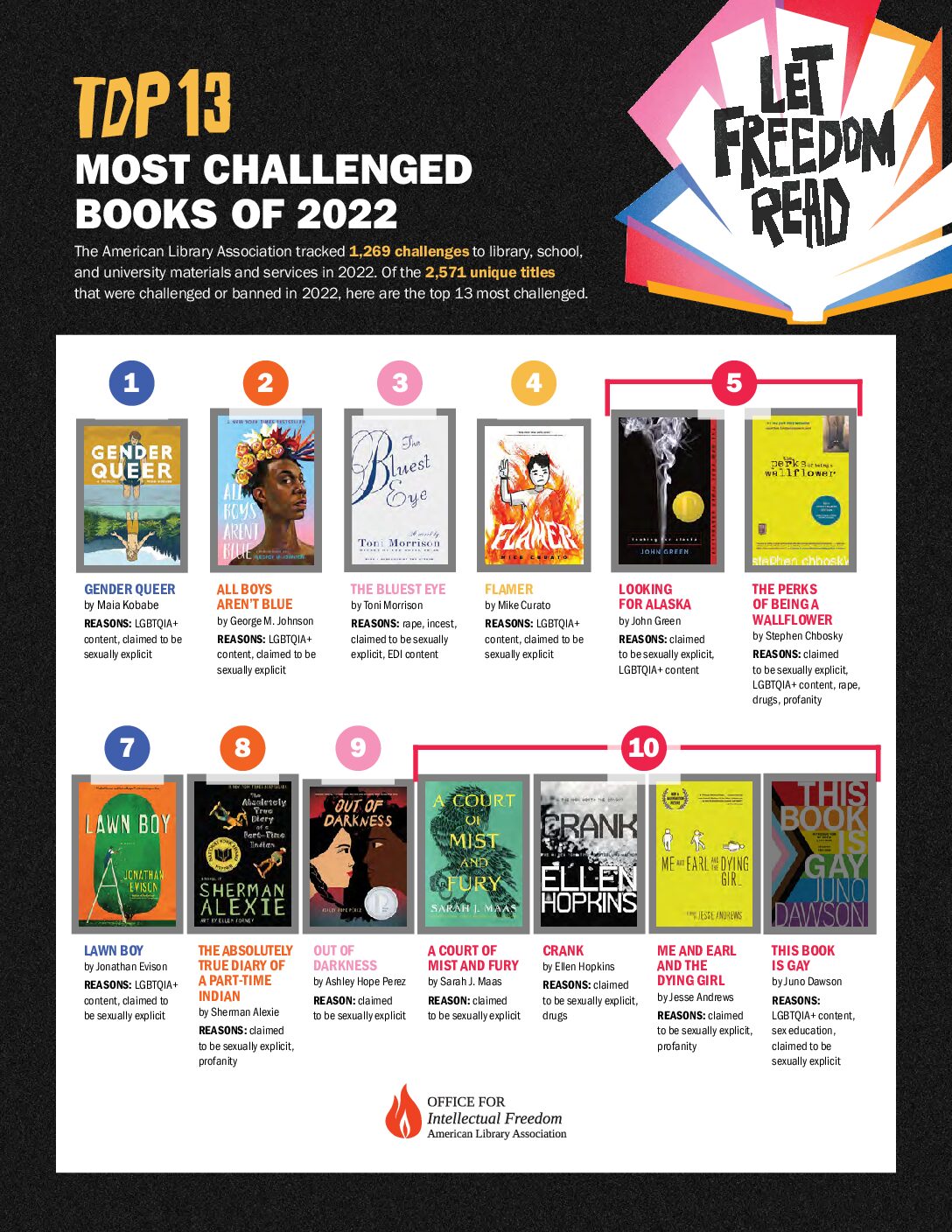
Cringe Section
Literary Links & Humor
1. Yar Pirate Ipsum: Filler text written in the language of pirates.
2. Literary History: An internet library of literary scholarship.
3. “The Raven” according to Homer Simpson: Edgar Allan Poe’s “The Raven” reenacted on The Simpsons.
4. The Rosetta Project: Children’s books online.
5. Writ in Water: An international gallery of memorials of the dead, including many famous authors.
6. Open Source Shakespeare: An extensive library of Shakespeare’s works.
7. Knowing Poe: Primary source documents associated with Edgar Allan Poe.
7. The Postmodern Generator: A system for generating random text from recursive grammars.
How Not To Write a Metaphor
- “Her shoulders heaved like the tiny sobs of Snuggles the cat being run through with a roasting spit.”
- “Her petticoats dropped to the ground, rustling like a cockroach in a sugar bowl.”
- “Beatrice was on him like a piranha on a corn dog.”
- “Claire felt swept away by this dark stranger, a helpless dust bunny in the roaring cacophony of his gas-powered leaf blower.”
- “His chest was her pillow, and oh, did she drool.”
Bad Lines from Romance Novels
- “Come now. You’re fighting your feelings for this man with all the strength of the Confederate Army.” – A Scarlet Bride by Sylvia McDaniel
- “The look he shot his sister could`ve given her a free chemical peel.” – Christmas With You by Tracey Alvarez
- “I shook my head back and forth as though I was a human etch-a-sketch, erasing the memory.” – The Lure of the Moon by Nicole Gulla
- “He might (or might not) be a charismatic psychopath/serial killer, but she’d already figured out he wasn’t a creep.” – The Last Kiss Goodbye by Karen Robards
Programs & Contests
@ Austin Community College
Liberal Arts Gateway
Liberal Arts Can Save the World
Deep engagement with the liberal arts to thrive in a pluralistic society.
Curiositas
Opening Worlds, Opening Minds
An academic journal dedicated to showcasing student work in the liberal arts.
Cacciatore
Literary Competition (200 Words)
Fiction, chicken, poetry, mushrooms, love-letters, tomatoes, raves, or rabbits: the pot holds 200 words.
Innovate
A College-Wide Literary Competition
Fiction (3,500 words) & Poetry (67 Lines). International-Level Top Prize: $500
Program Benefits
- Small class sizes that foster in-depth discussion
- Coursework involving research, independent inquiry, project-based learning, creative expression, service-learning, and other kinds of experiential learning
- Special events and programs
- Honors Advising
- Honors Scholars receive recognition on transcripts and honor cords at graduation
- Paid internships and scholarships
- ACC’s Honors Program has transfer agreements with certain Texas universities to easily transfer credit.
Honors Program
@ Austin Community College
ACC’s Honors Program offers core curriculum courses with an emphasis on in-depth research and discussion in small classes limited to 15 students, taught by faculty who enhance their students’ academic experiences with special projects, field trips, guest lectures, and a variety of creative and experiential learning opportunities.
Resource Links
for English Majors
Why Major in English?
ACC
Humanities
@ Austin Community College
ACC

